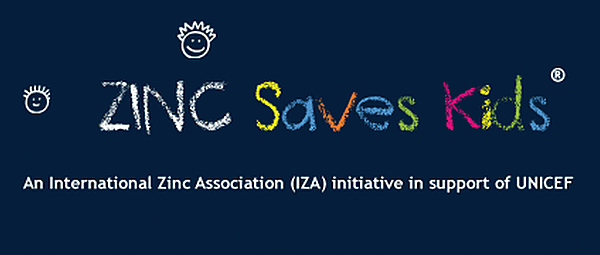Zinc Health Effects

Zinc is considered an essential element because all living organisms need zinc. Because the amount of zinc present in nature varies widely, living organisms have natural processes that regulate their uptake of zinc. Toxicity can occur when an excessive amount of zinc is ingested; however, it is very uncommon to have too much zinc.
Of much more concern is zinc deficiency which occurs when the amount of zinc available is insufficient to meet the needs of a given organism. Zinc is essential for human health. Adequate daily intake of zinc is vital for the proper functioning of the immune system, digestion, reproduction, taste, smell, and many other natural processes. Analysis of diet and nutritional needs have led researchers to estimate a staggering 49% of the world's population is at risk from zinc deficiency.

Unfortunately, many people in developing countries do not have enough zinc in their diet. The World Health Organization (WHO) estimates 800,000 people die annually because of zinc deficiency. Even more troubling 450,000 of those are children, which prompted the International Zinc Association (IZA) to partner with UNICEF and develop the Zinc Saves Kids program.
Between 1.4 and 2.3 grams of zinc are found in the average adult and the recommended daily allowance (RDA) is 15 milligrams. Through the Zinc Saves Kids program, less than $5 USD will pay for zinc nutrition for one child for an entire year.
Zinc is also used in a variety of medical and pharmaceutical products, such as bandages, cold lozenges, skin treatments, sun block creams and lotions, burn and wound treatments, baby creams, shampoo, and cosmetics.
For many food crops, zinc is an essential micronutrient. Zinc deficiency in agricultural soils is common on all continents and constitutes a major problem in many parts of the world because it causes serious inefficiencies in crop production. Relatively small amounts of zinc compounds, however, can cure deficiency and last for several years before they need to be repeated. This treatment is highly cost-effective when the costs of the zinc application and the value of the extra yield are considered.
